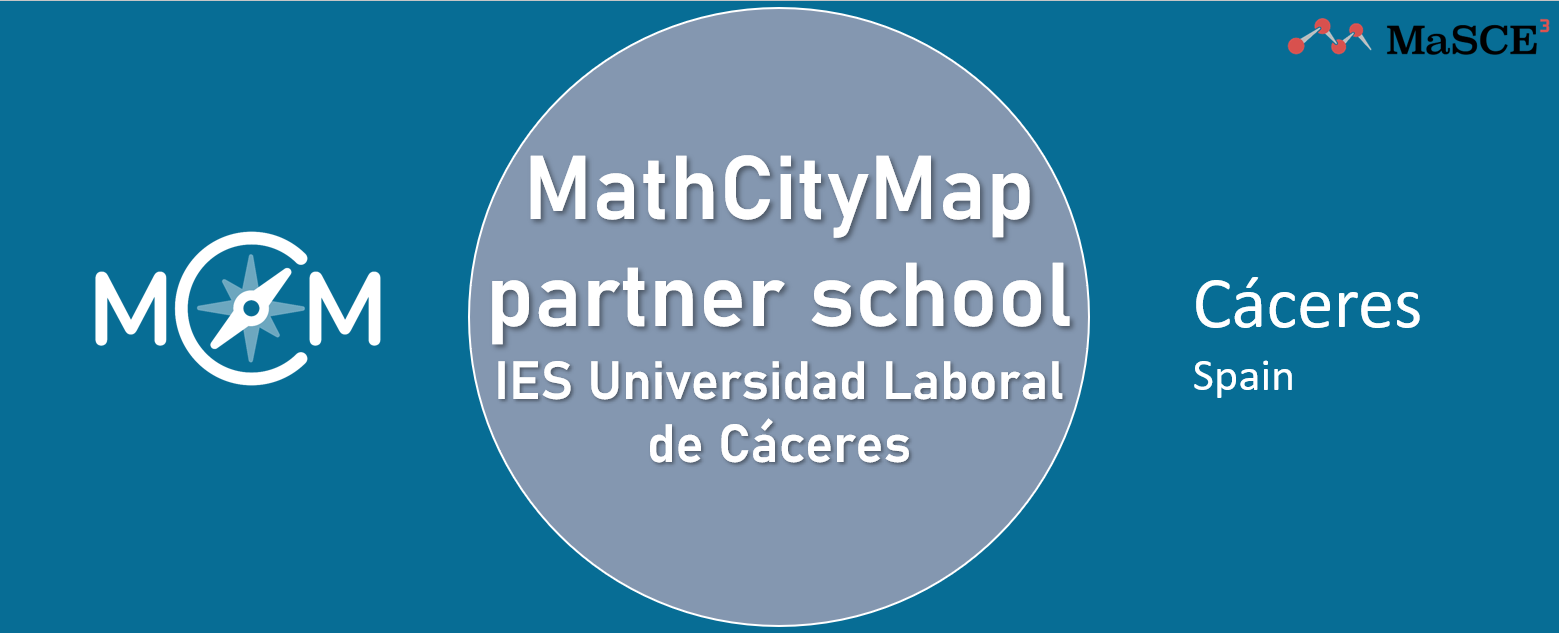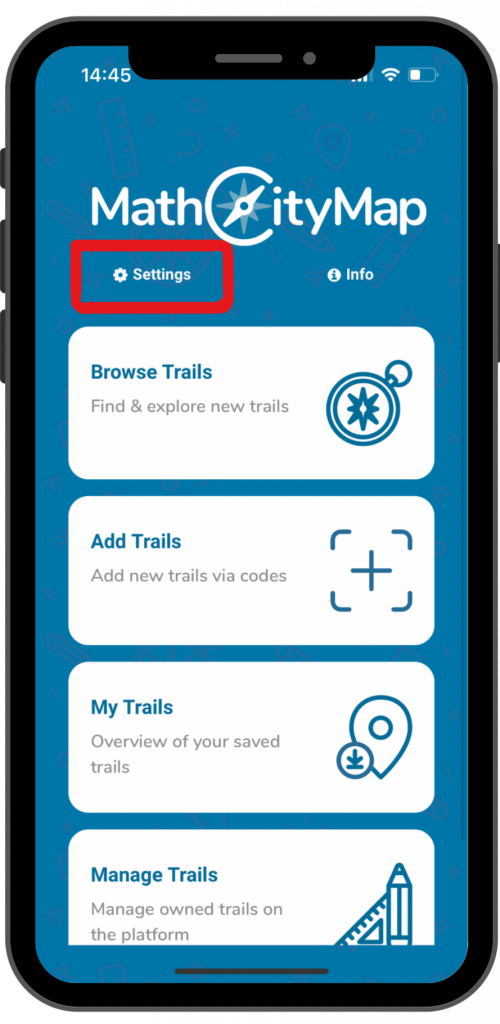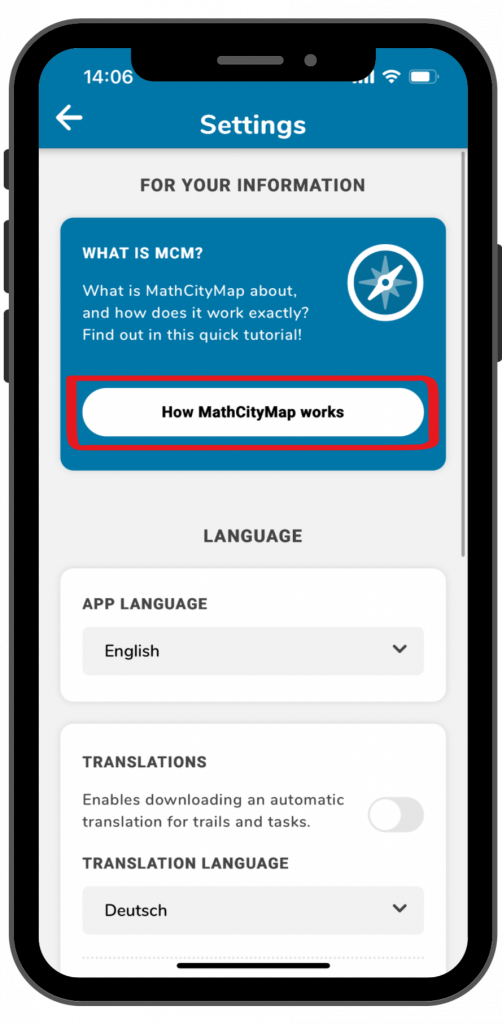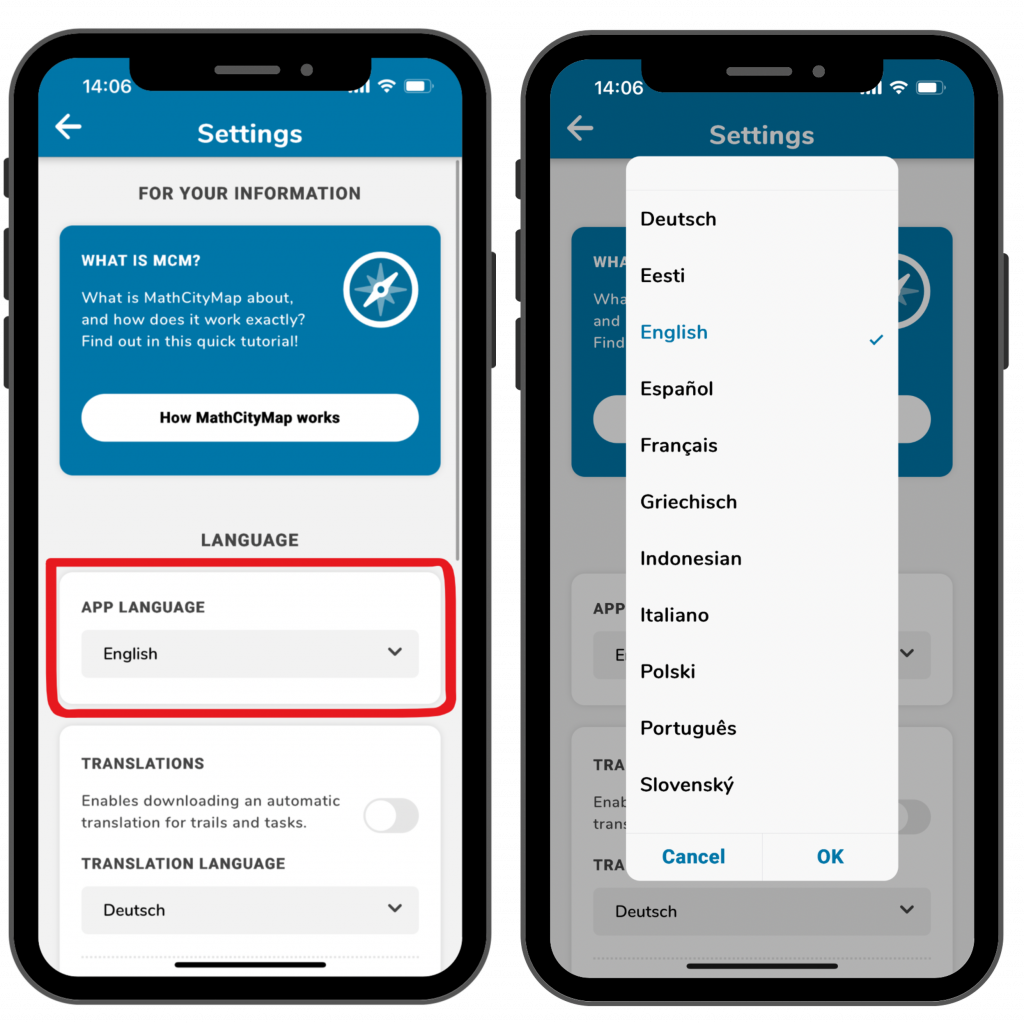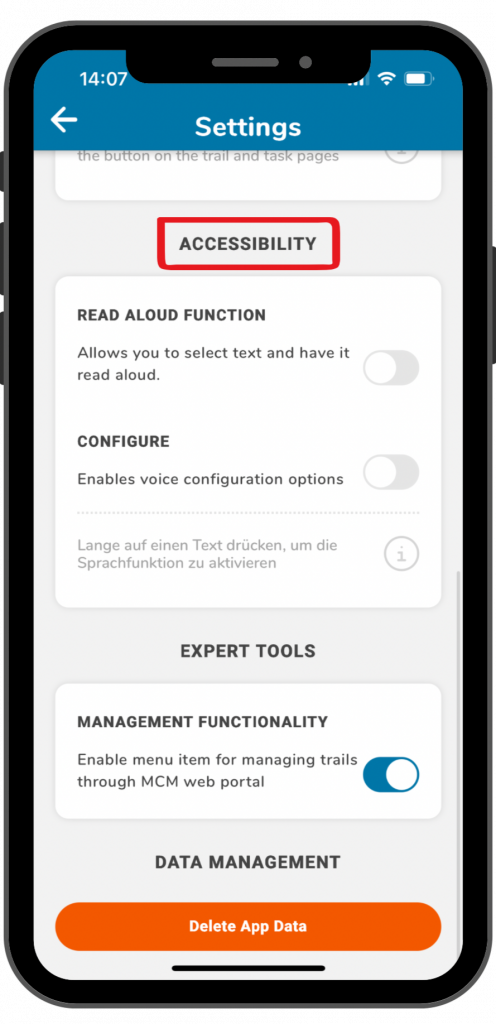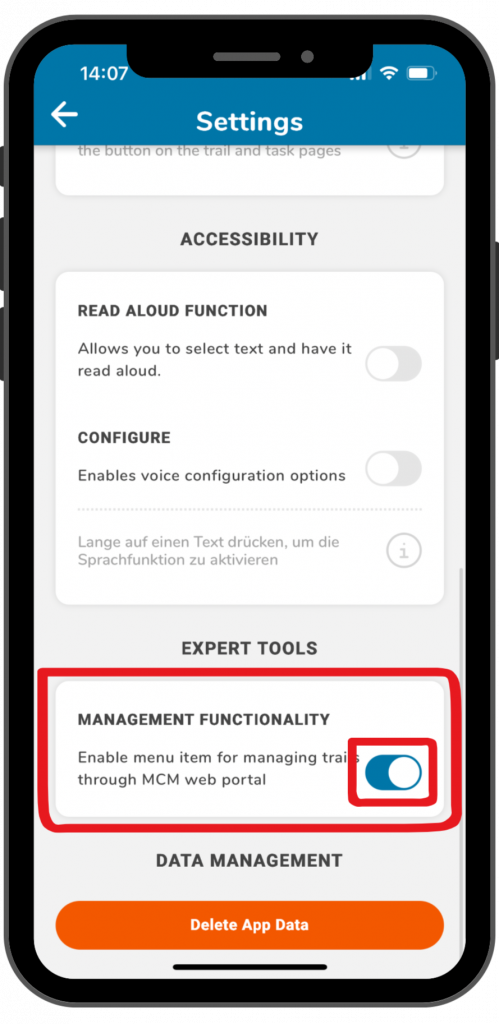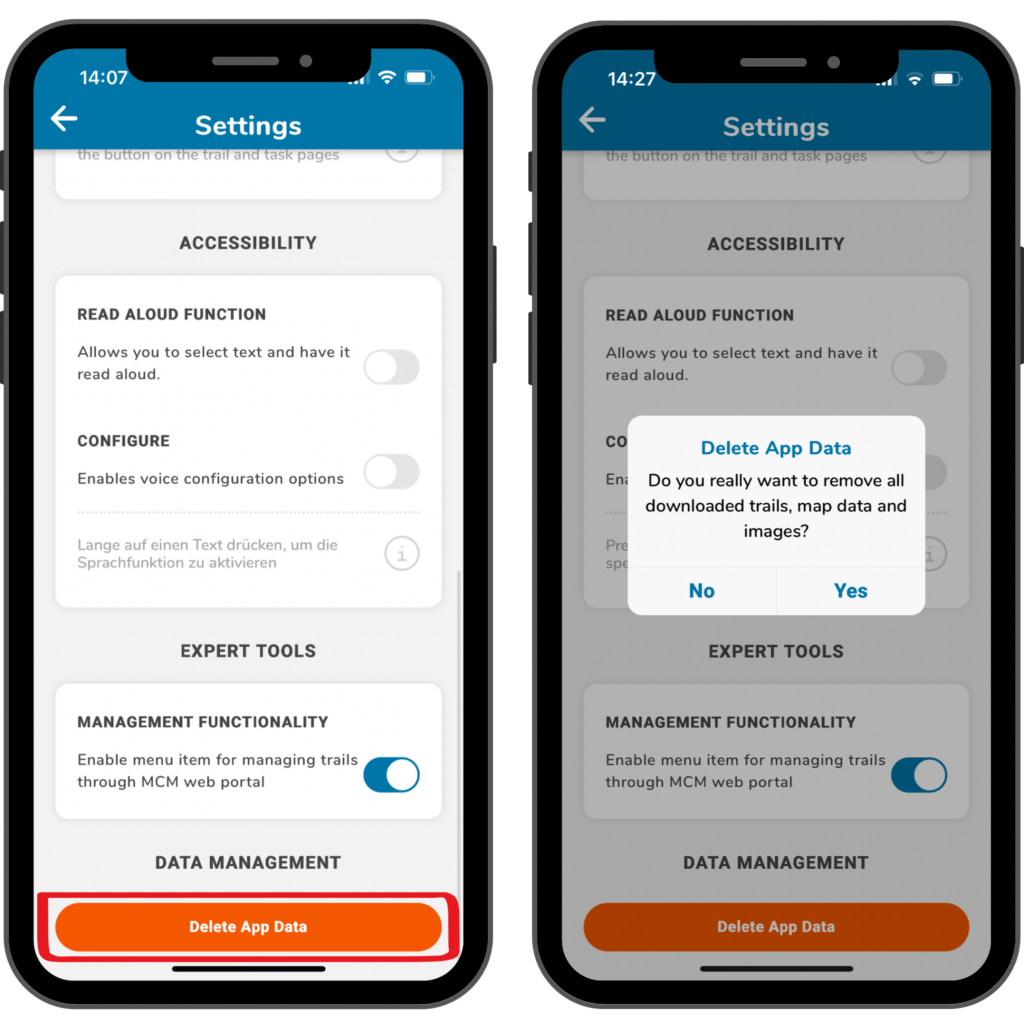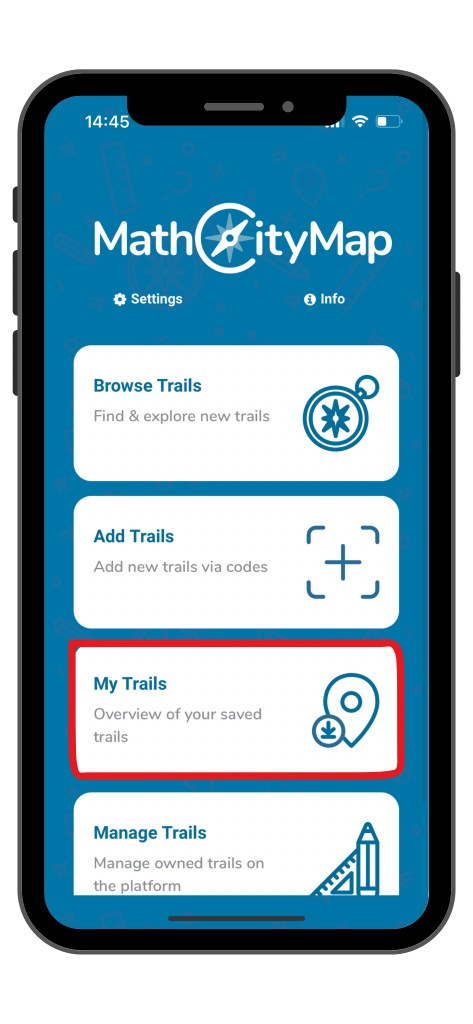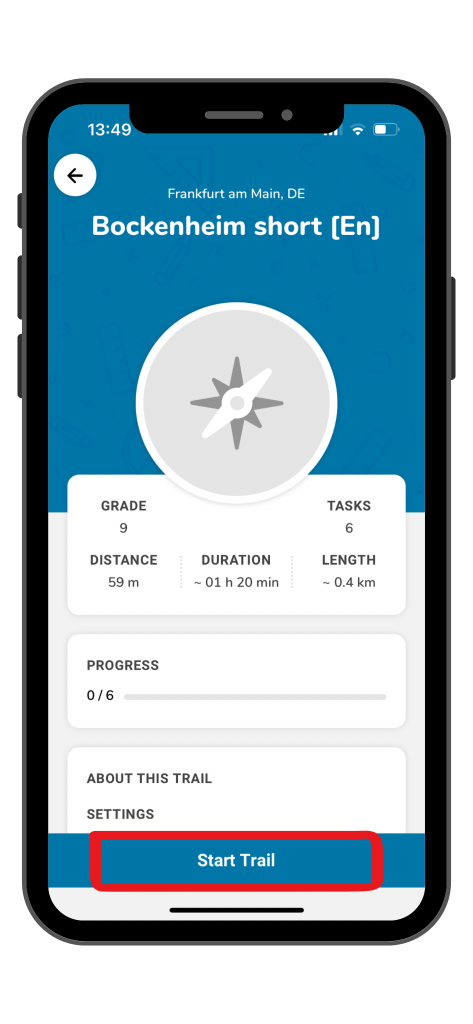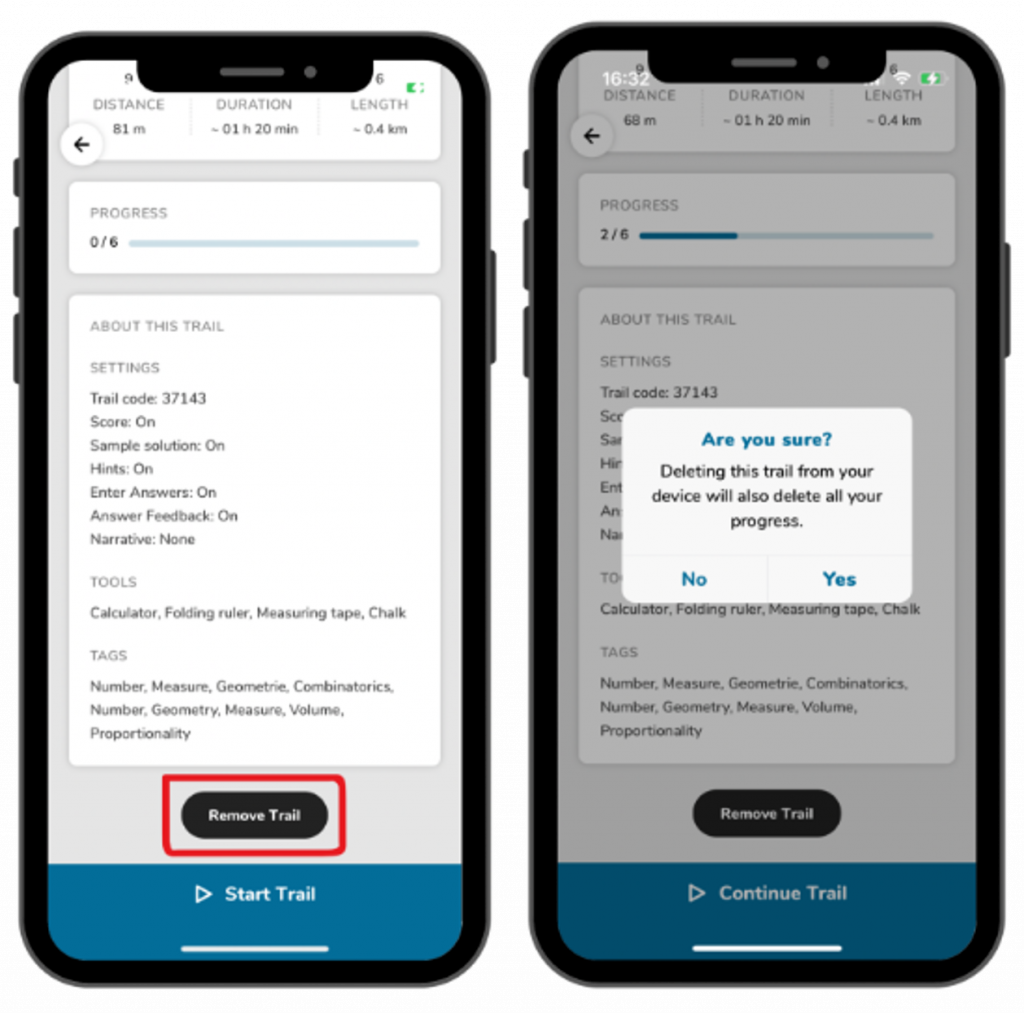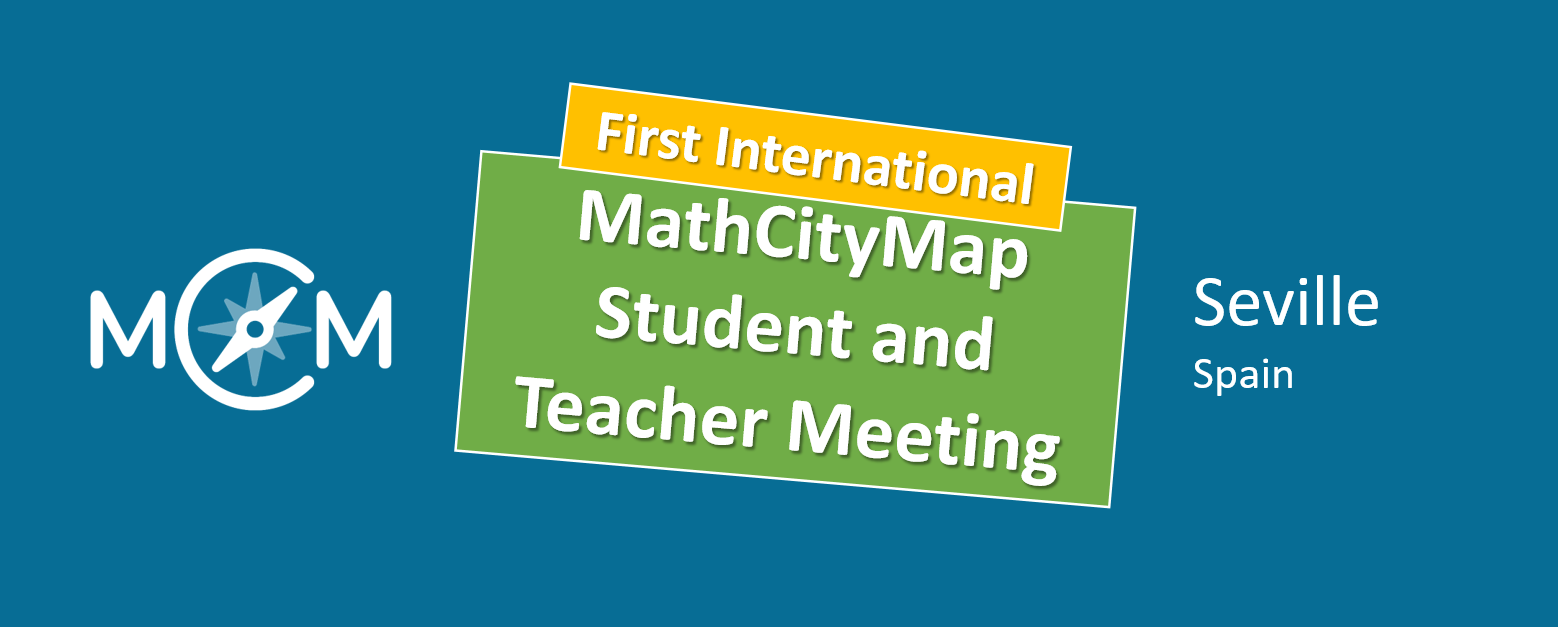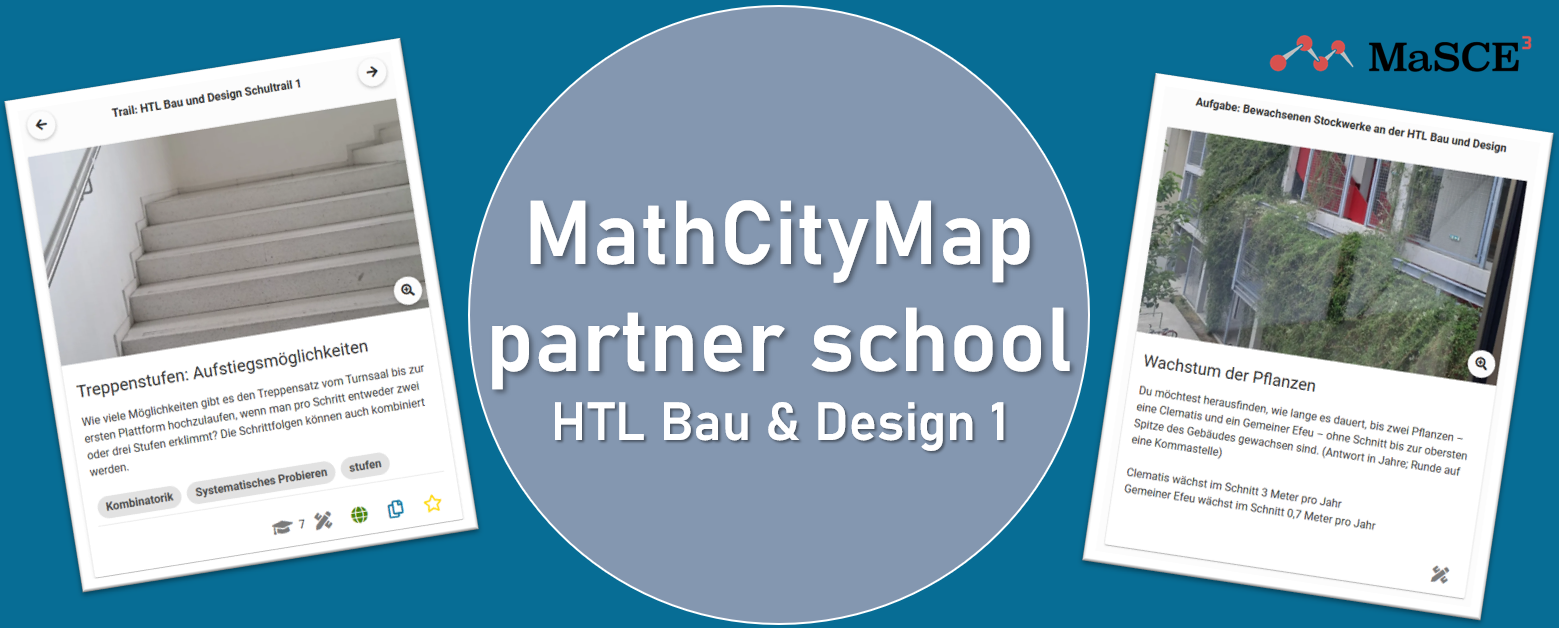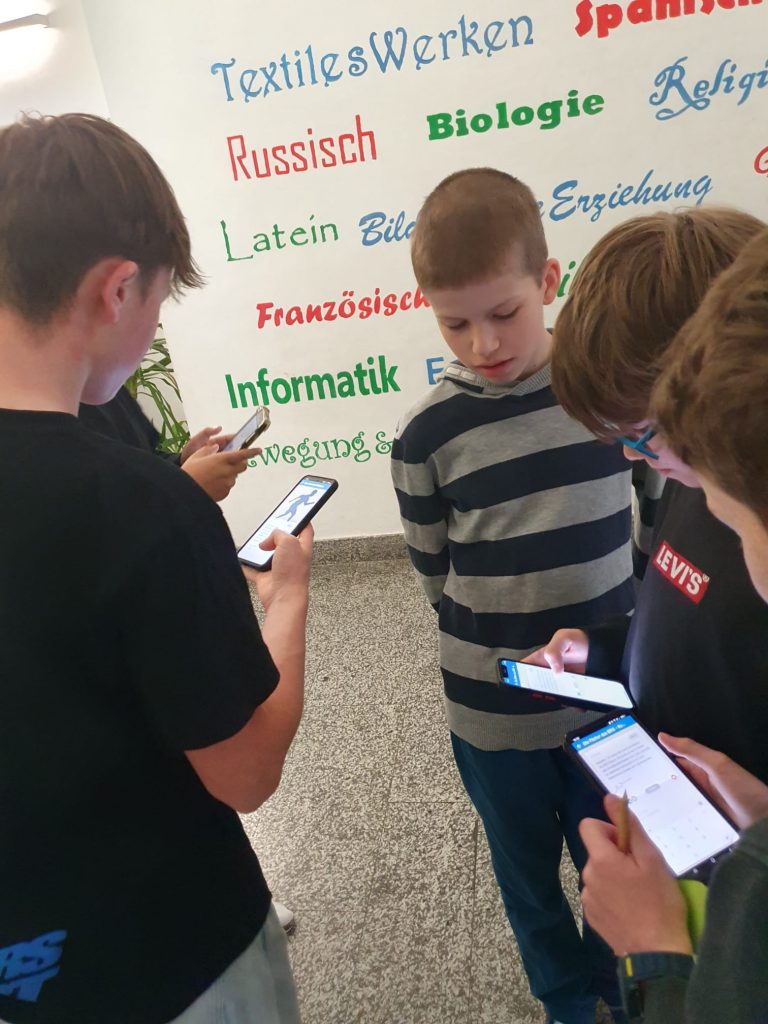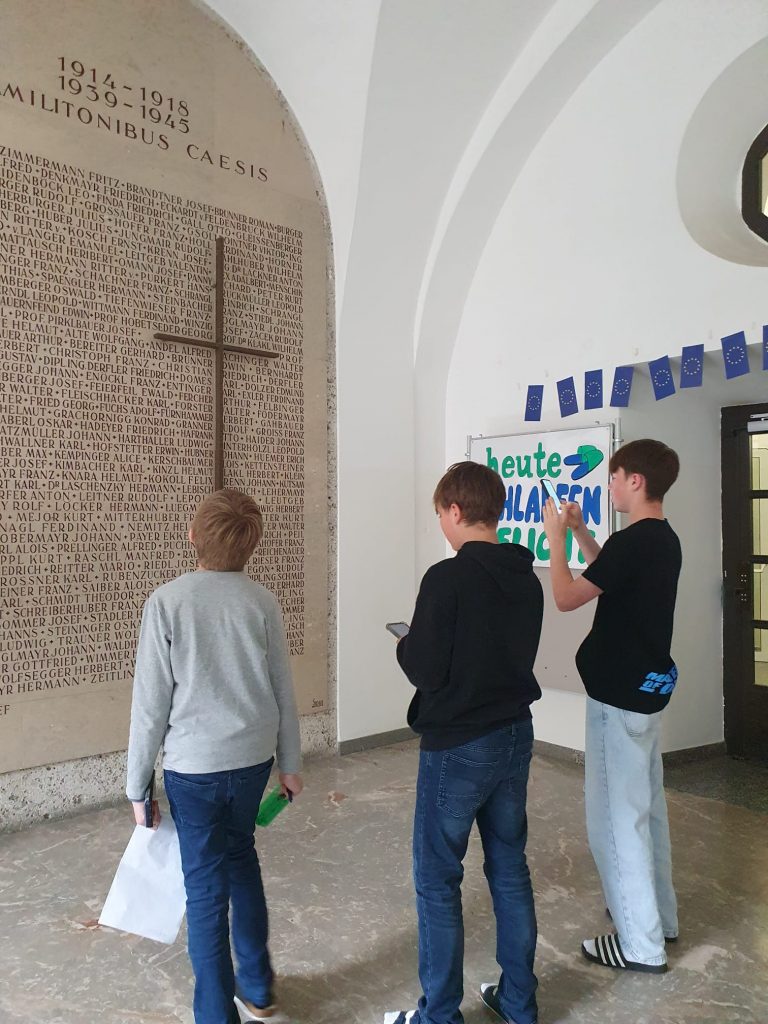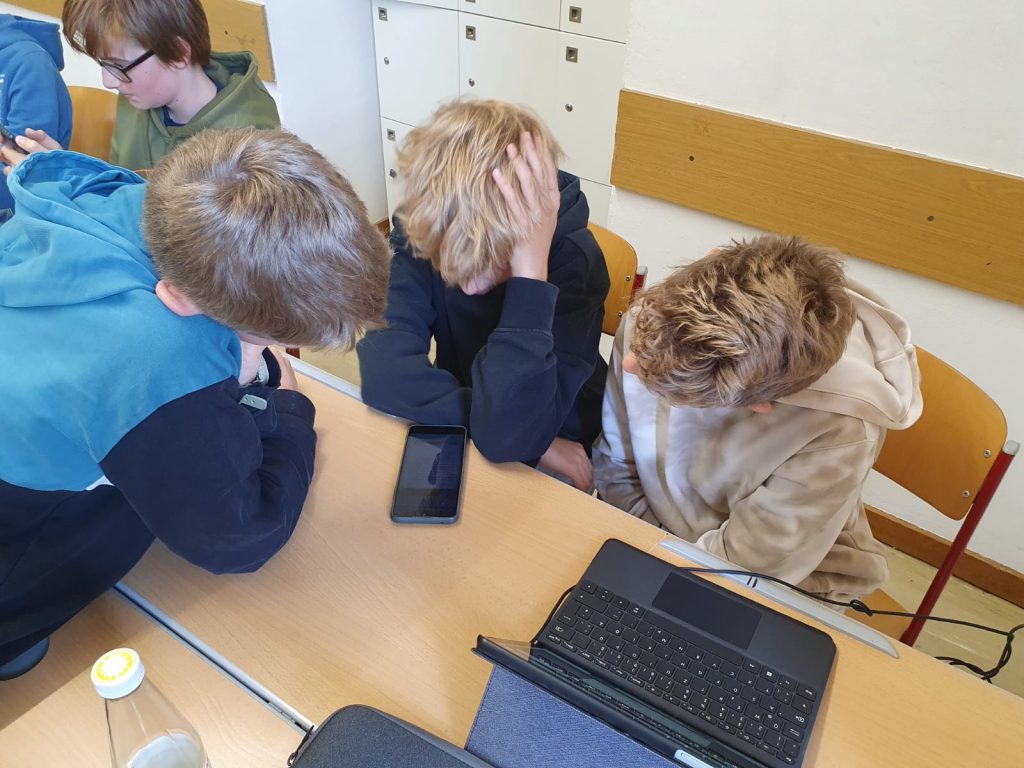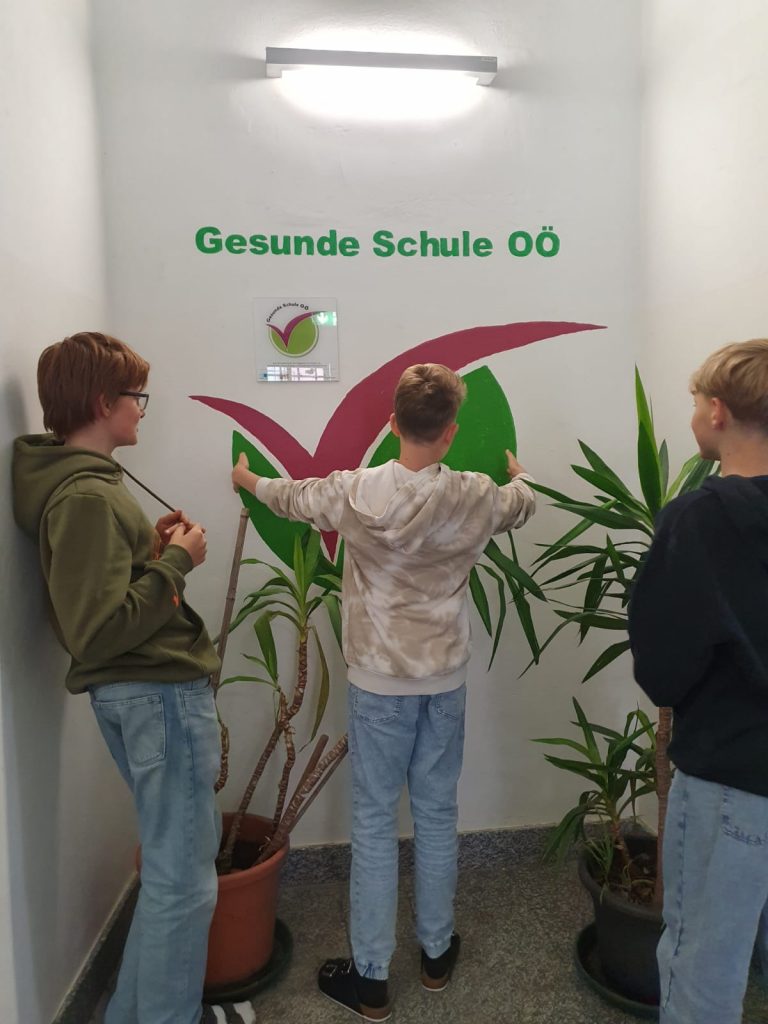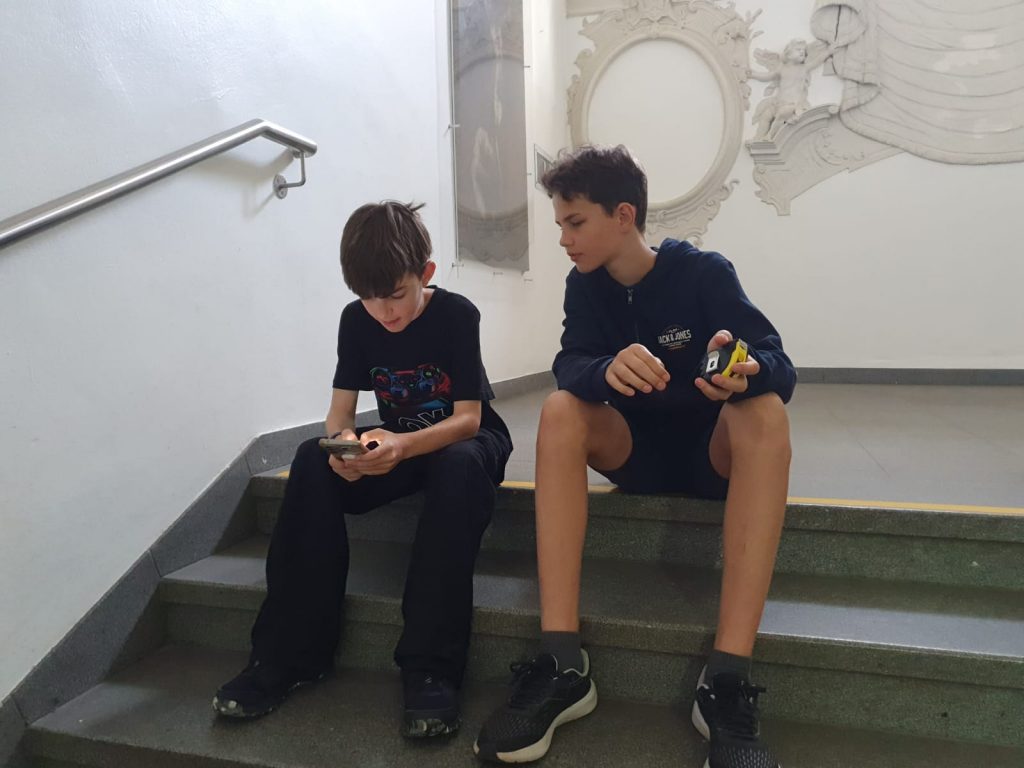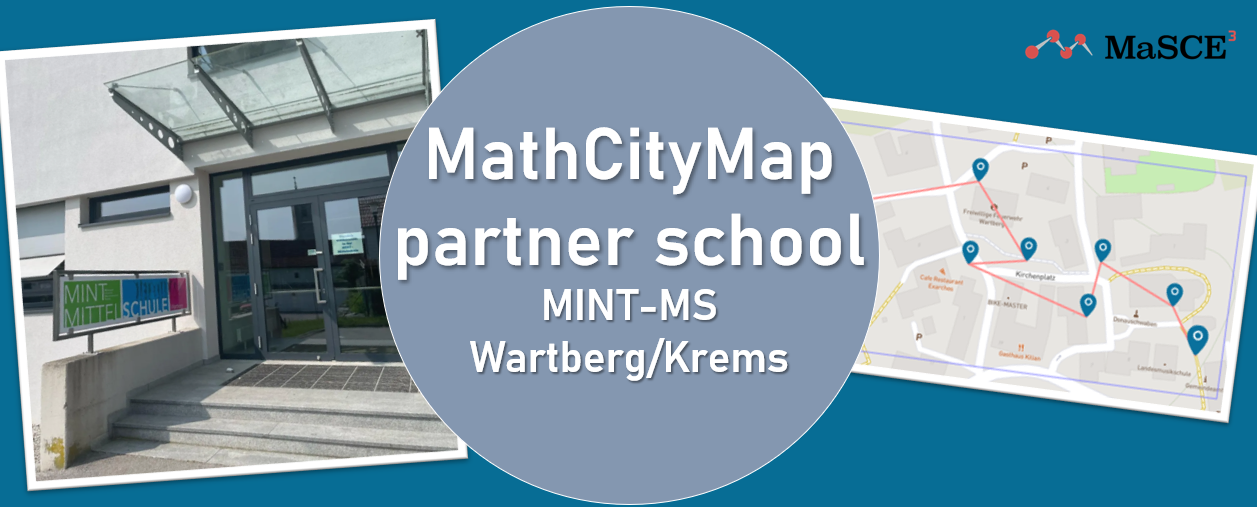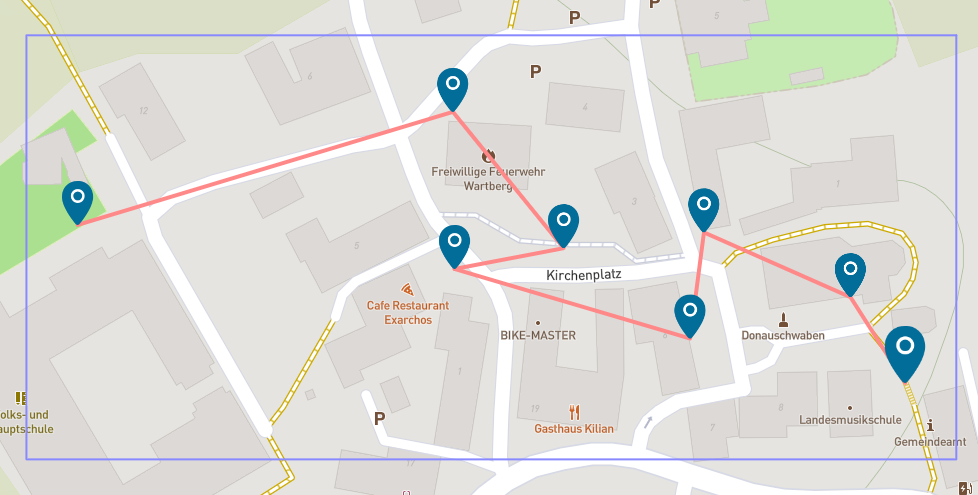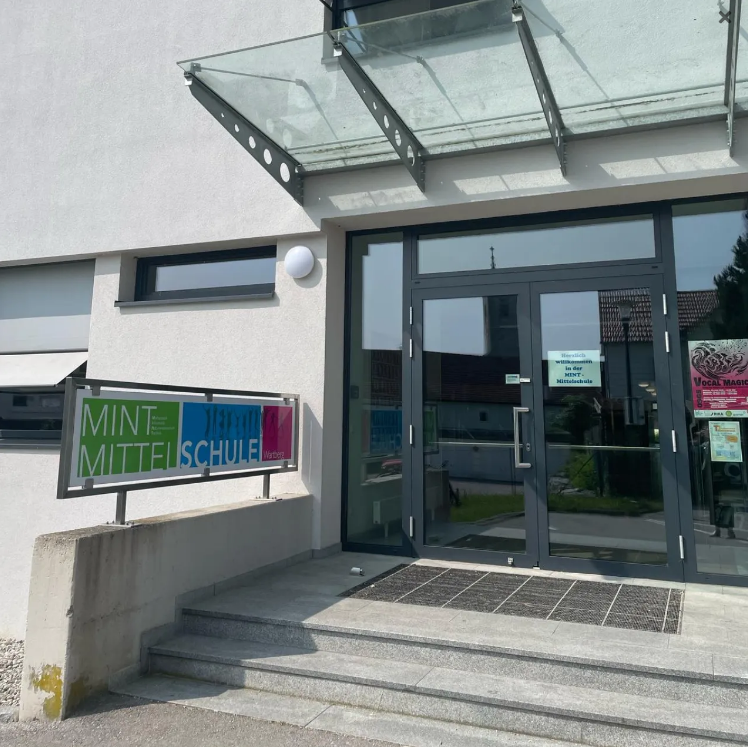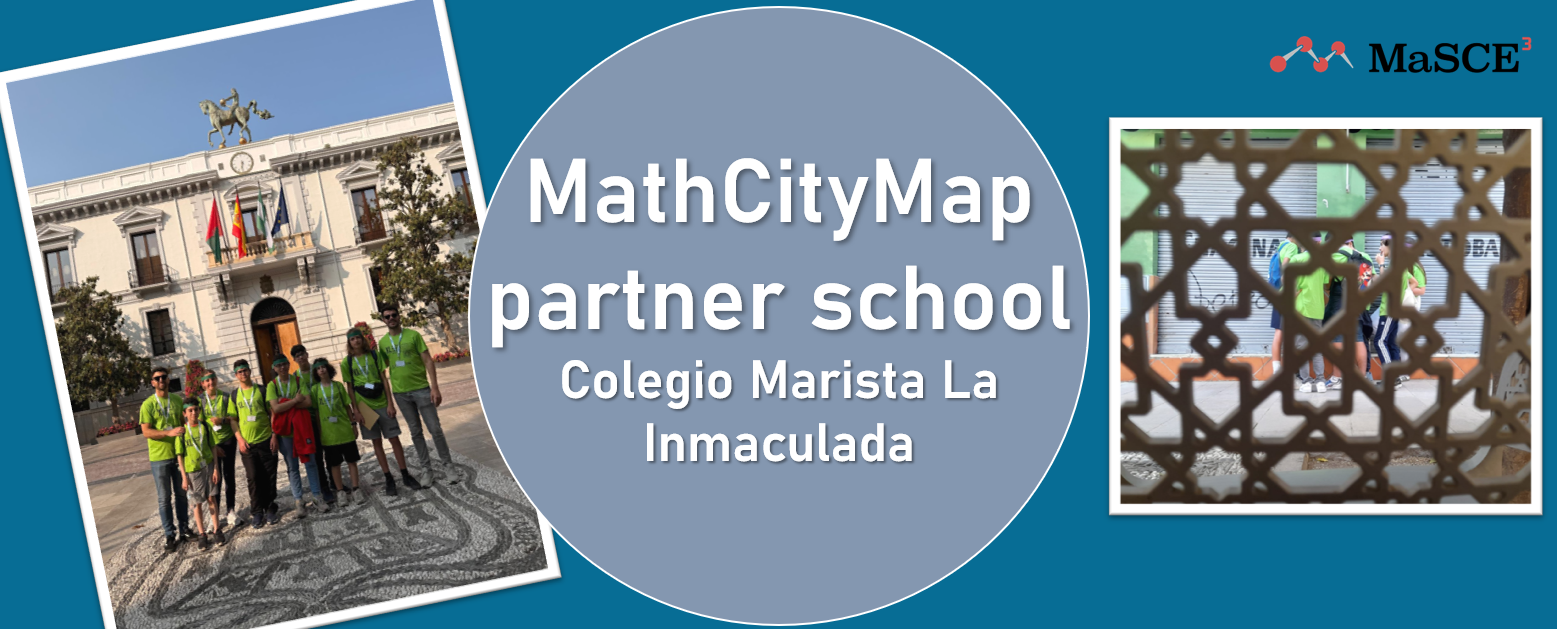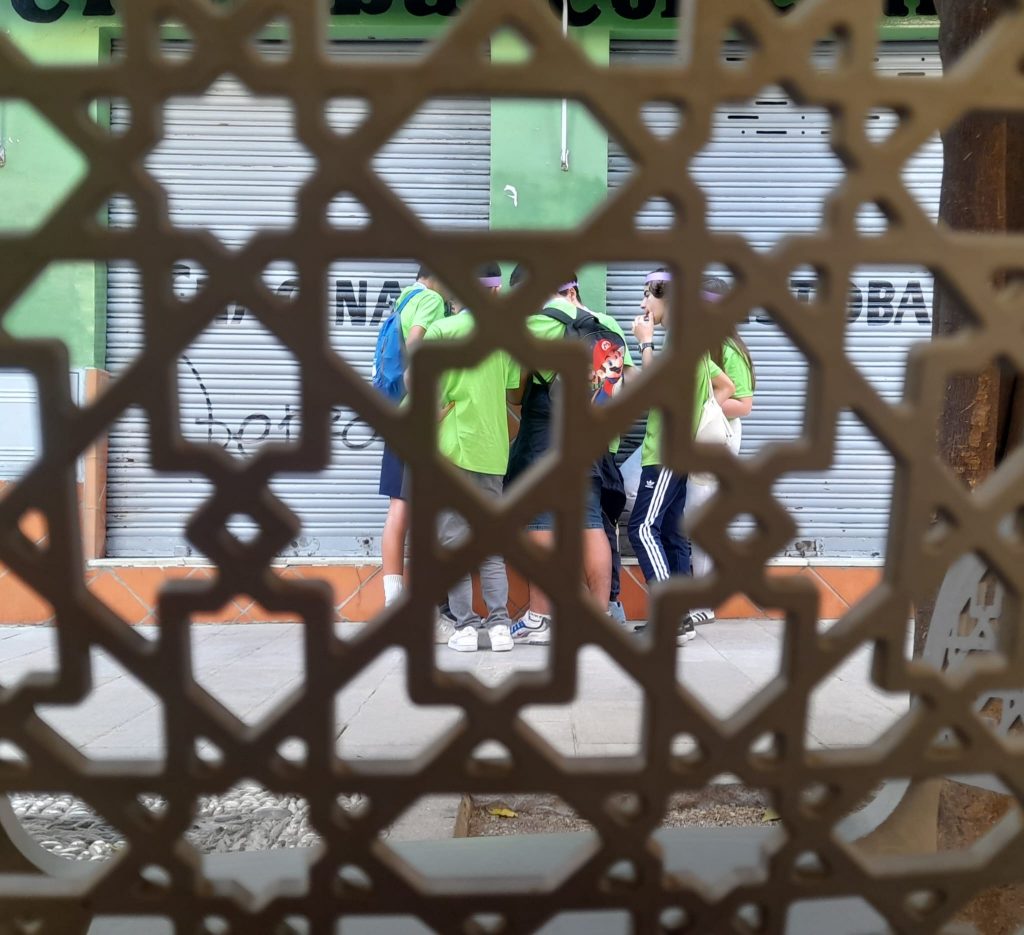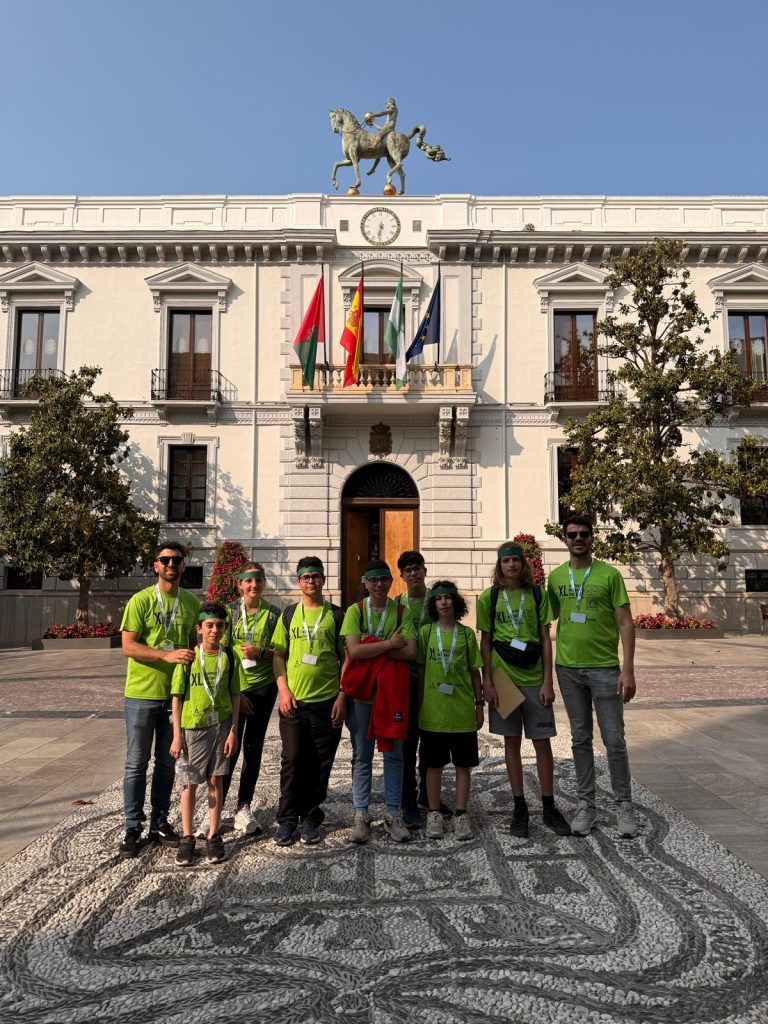We are very pleased to welcome IES Universidad Laboral de Cáceres as a new partner school in the international MathCityMap network!
The school is located in the city of Cáceres in western Spain and features a large campus with extensive outdoor areas – ideal conditions for mathematical discovery tours in the open air. Teacher Laureano Serrano Muñoz shares his experiences with his students and presents his favorite tasks:
“I have been using MathCityMap for several school years, so at least 100 students have tried out one of these trails. I am always surprised at how difficult it is for them to transfer what they have learned in class to real life, and of course, they are pleasantly surprised when they manage to do so.
They are also very surprised at how much a small measuring error can influence the result, even if the procedure is correct.
So far, my impressions of using the app have been positive, and I believe that students achieve significant learning progress regarding the content covered in class.
The tasks ‘El reloj de sol de la Laboral’ (The sundial of the Laboral – 6726051), and ‘¿Cómo medir el techo?’ (How to measure the ceiling? – 2526046) are among my favorites, as they are clear examples that correspond directly to tasks from geometry lessons.”
The school’s trails can be found under the following codes:
- Universidad Laboral. Cuerpos en el espacio – Code: 583380
- Pitágoras y Tales en La Laboral – Code: 365267
- Números y geometría – Code: 1910598
- Trigonometría en La Laboral – Code: 3714868
We warmly welcome IES Universidad Laboral de Cáceres to our growing MathCityMap community and look forward to more inspiring tasks and trails from Spain!
The package with the official partner school badge and the MCM measuring instruments has already been delivered and we are looking forward to receiving more applications from all over the world.
All further information on the partner school programme and the requirements for application can be found both in the article on the first MCM partner school and on the homepage of our MaSCE³ project.
